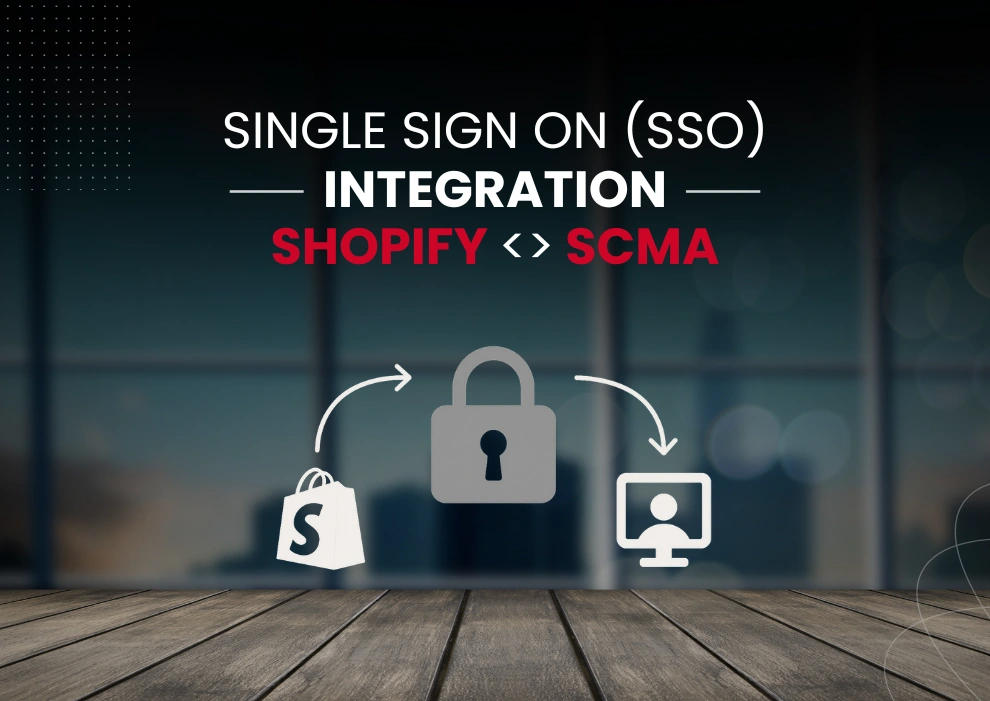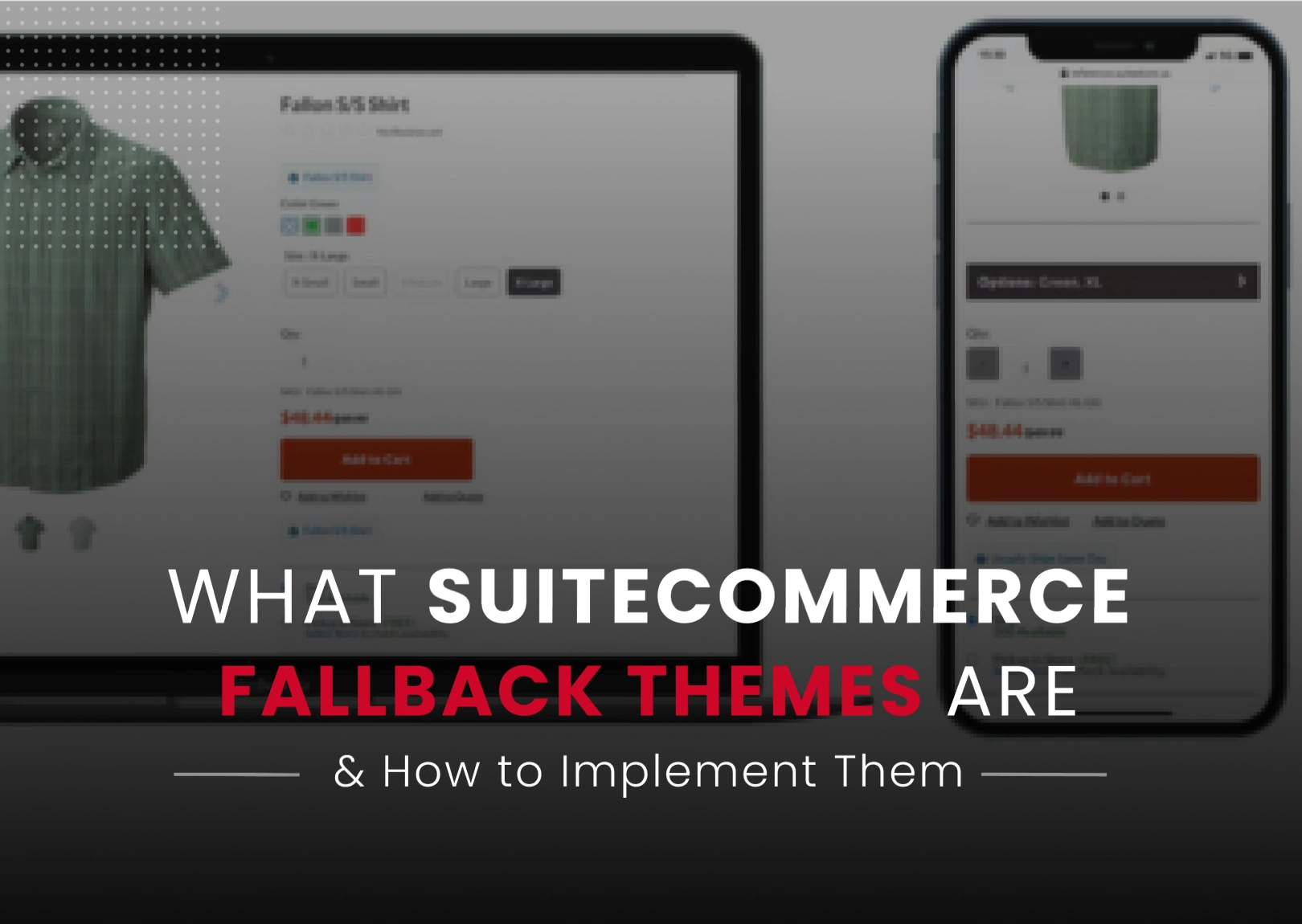B2B eCommerce is set to experience another profound year of change in 2021 as the unexpected pandemic has forced many B2B companies to accelerate their digital transformation.
The shift to eCommerce is here to stay. A Mckinsey study shows that 75% of B2B decision-makers prefer buying online over traditional in-person interactions.
As more companies turn their focus to digital sales channels, let’s examine the top B2B eCommerce trends to watch in 2021.
1. The Shift Towards Self-Service
Self-service is essential to B2B eCommerce as buyers now seek more control over the purchasing experience. The need for self-service has been increasing for years but the COVID-19 pandemic has greatly accelerated this. With sales reps unable to meet customers in-person, the traditional sales process has not been an option. As a result, B2B vendors have turned to their eCommerce sales channels.
Self-service functionality gives buyers the ability to perform important tasks on their own, the same way they would with a B2C transaction. According to OroCommerce, 86% of B2B buyers prefer using self-service tools to place orders and manage their accounts without needing to interacting with a sales representative.
B2B companies must prioritize their self-service options to include features such as ordering, quick ordering, viewing order history and statuses, managing users, paying invoices, and managing payment and shipping details.
With a solution like SuiteCommerce B2B sellers can quickly set up an eCommerce store with this level of self-service functionality.
The recent releae of SuiteCommerce MyAccount with Reorder capabilties is a clear move in the right direction by the NetSuite ecommerce team.
2. The Rise of Marketplaces
B2B marketplaces will continue to grow in 2021 and beyond. Many B2B buyers now prefer online marketplaces as their primary purchasing channel. It is common for buyers to conduct more research independently and marketplaces help buyers streamline the purchase process and save considerable time on research.
Research from Sapio shows that 94% of B2B buyers use online marketplaces. They also project that 75% of B2B procurement spending will go through online marketplaces in the next five years.
Of the current B2B marketplaces, Amazon Business is expected to lead the pack. At its current pace, Amazon Business will claim 10% of the U.S. B2B market by 2021. Bank of America equity analyst Justin Post projects that Amazon will reach $33.7 billion of gross merchandise volume by 2023.
3. Improved Personalization
In 2021, B2B companies will increase the level of personalization offered to buyers during the shopping experience. B2B buyers view personalization as an essential feature when looking for suppliers with whom to build long-lasting relationships. According to Salesforce, 72% of B2B buyers expect vendors to use their understanding of their needs to create highly personalized experiences. Additionally, research shows that buyers spend 48% more when the supplier provides a personalized experience.
Companies that want to provide their buyers the personalization they seek must invest in data collection tools, enterprise resource planning (ERP) systems, and flexible B2B eCommerce platforms like SuiteCommerce. This will give you the ability to customize your product catalog and provide product recommendations relevant to your buyers’ interests. As a result, you will make their job easier and increase the chances of winning a long-term customer.
The release of Personalized Catalog Views, now with purchasability options separates SuiteCommerce from other eCommerce platforms in terms of personalizing the experience to different groups of customers.
4. More Payment Options
Look for B2B companies to expand their payment options in 2021. B2B commerce already involves a wider variety of payment methods compared to B2C as buyers need the option to pay via bank transfer, check, or trade credit.
As more buyers turn to eCommerce sites and self-service options to complete their purchases, expect to see more companies offer mobile wallets as a payment option. According to Net Solutions’ State of B2B Commerce report, 63% of B2B e-commerce companies already have the option to pay via mobile wallet.
ACH as a Payment option for B2b sites is definitely the most requested feature for B2b eCommerce businesses, and will be released in 2021.2.
5. Faster Order Fulfillment
As more B2B companies prioritize their digital sales channels, there is an increasing need for more efficient fulfillment processes. Customers have come to expect Amazon-like fast shipping times for all their online purchases, B2B included. Look for companies to streamline their fulfillment processes with a greater investment in AI and automation.
NetSuite´s Advanced Order Management feature, now with new pricing allows you to automate up to 5000 orders per year for free. Is a great way to speed and make your fulfillment processes more efficient.
6. Greater Omnichannel Presence
Today’s buyers no longer complete the purchasing process through a single channel. The average B2B buyer uses six different touchpoints throughout the buying process. Sellers must adopt an omnichannel presence to meet the changes in buyer behavior.
According to Frost & Sullivan, 61% of B2B companies plan to invest in omnichannel selling going forward, while 36% have already implemented their omnichannel strategy.
NetSuite leads in terms of omni-channel because of its Suite approach where every feature is part of the same process. Processes like Ship to Store, BOPIS, Ship to Multiple Addresses, etc are integrated in the POS, WebStore and backend order forms.
7. Focus on Customer Loyalty
Retention and repeat purchases are an important part of B2B eCommerce. Research shows that established companies generate between 60% and 80% of their sales from existing customers. As such, a slight increase in retention rate can lead to a significant increase in profits.
Finding long-term customers can be challenging for sellers as they have to deal with smaller buyer pools, longer sales cycles, and higher acquisition costs. Loyalty programs can go a long way in helping companies win and retain customers long-term. Look for more B2B sellers to offer value-driven loyalty programs in 2021.
By being aware of these trends, you can better position your B2B company for success in 2021 and beyond.
It is clear that NetSuite and SuiteCommerce leads as the best B2b ecommerce platform in terms of B2b features and is very aligned with B2b eCommerce Trends in 2021.




